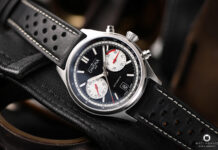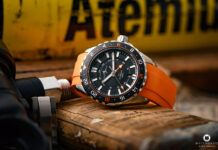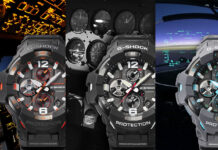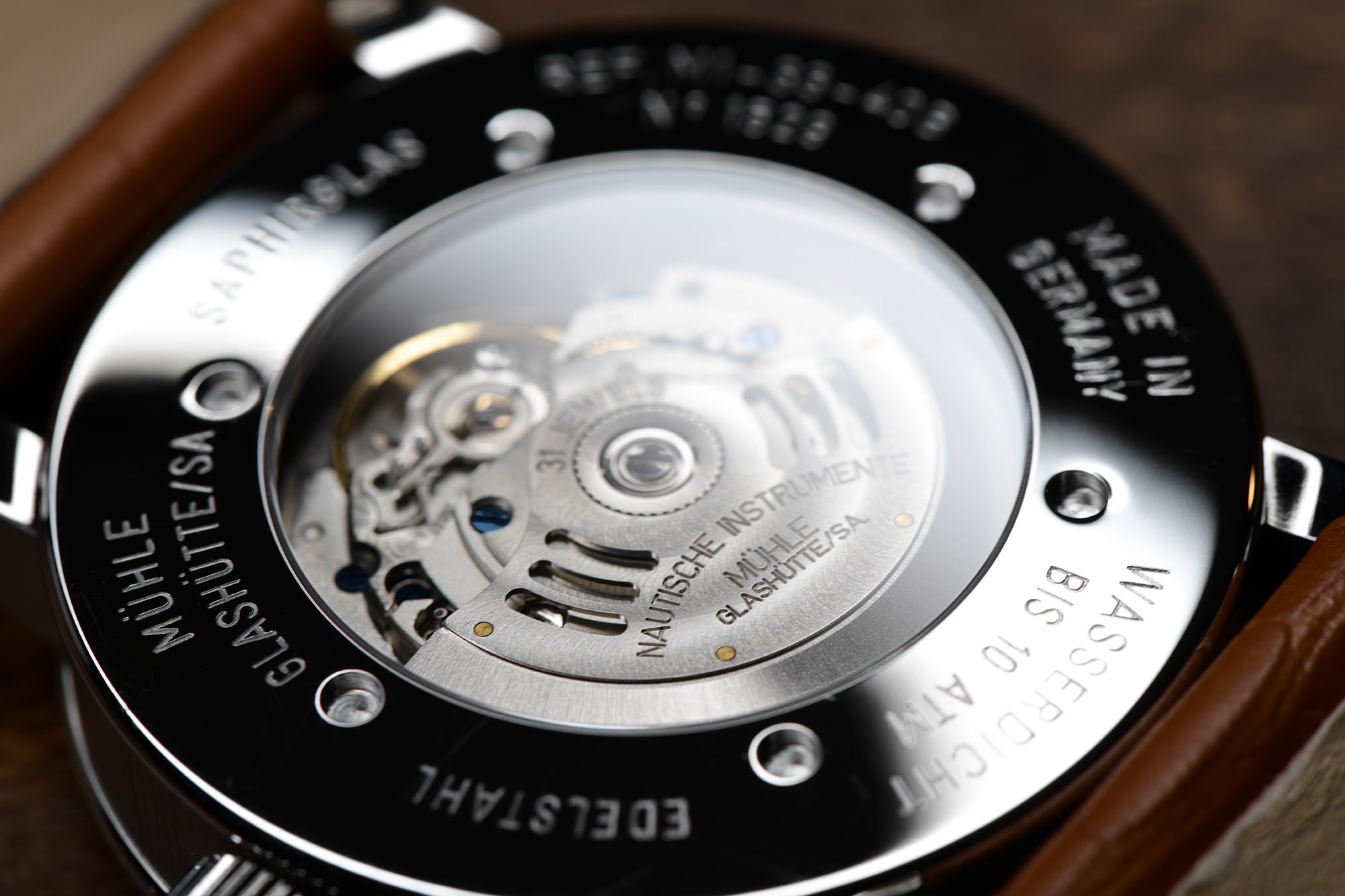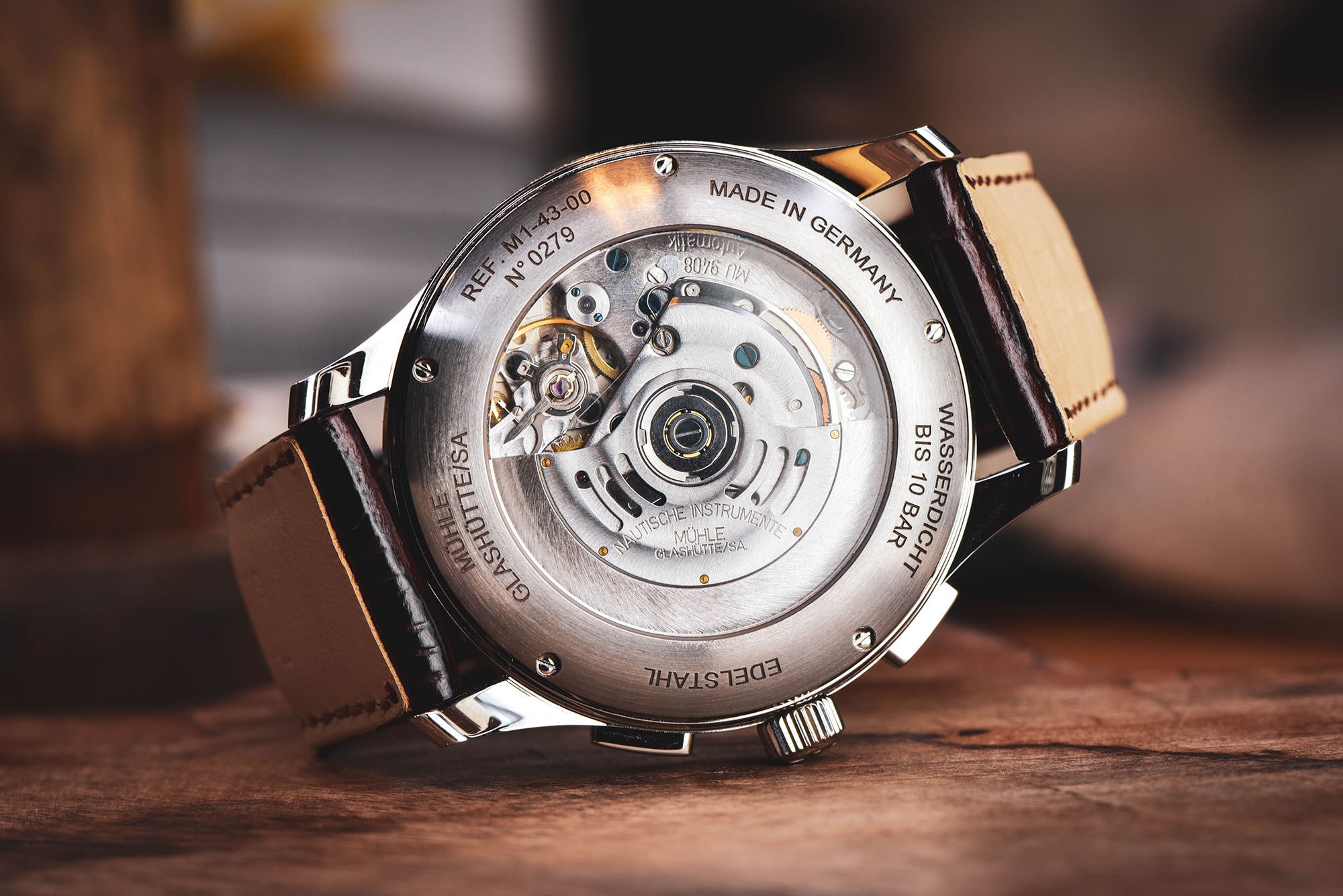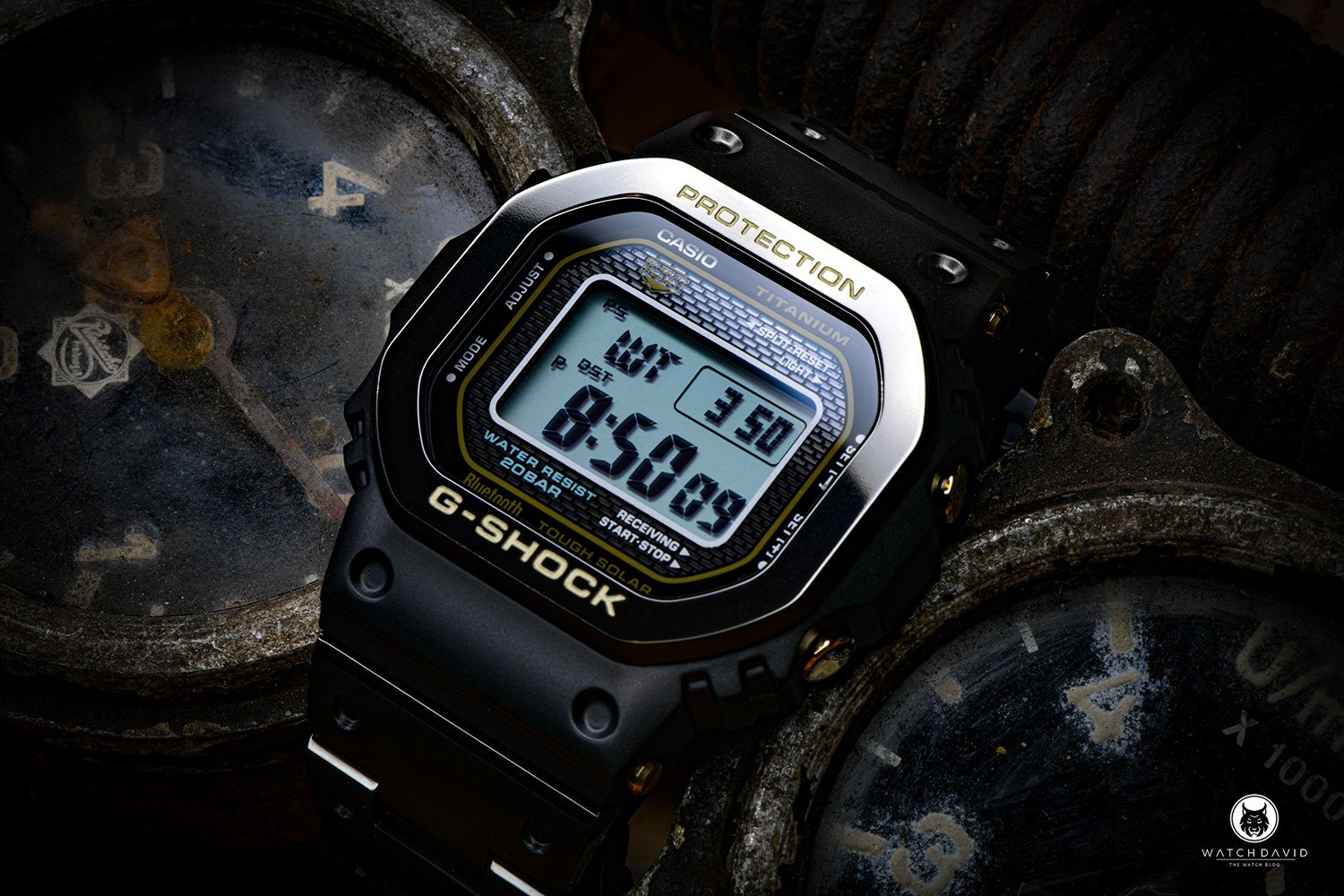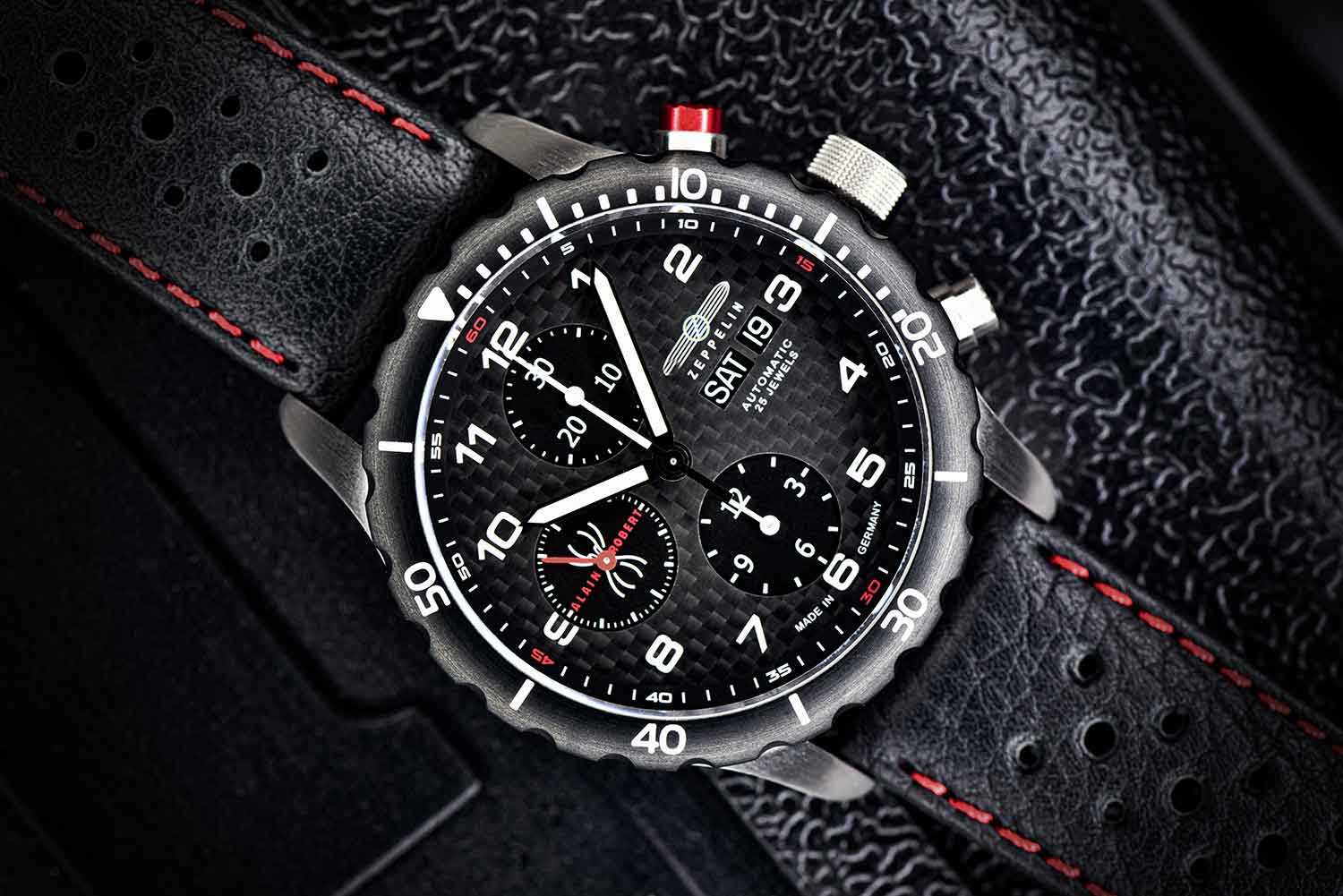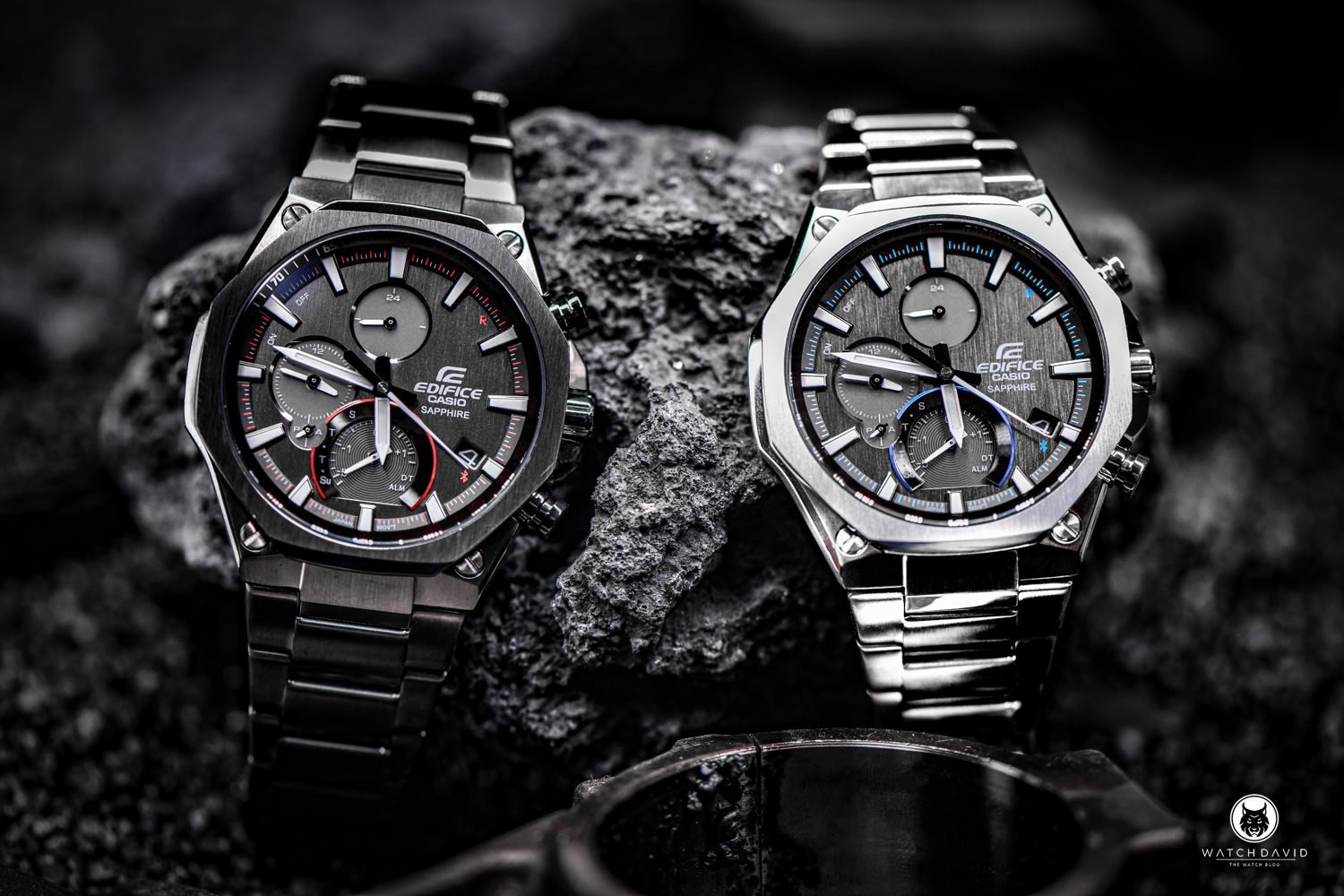Auch verfügbar auf Deutsch
The ultimate watch guide about automatic vs. quartz watches! Everything you need to know about movements and how they work. And in addition to that a buy recommendation: which movement suits me?
When buying a new wristwatch, you often think three times about what features should make the new timepiece special. Mostly, you think about the price category, the brand, the design and the “drive”. The type of drive? Exactly. When you buy a watch, you should know what makes it ticking. There are serious differences here between automatic and quartz watches.
Also interesting:
- Best Men’s Watches 2021
- Kickstarter Watch Projects
- Watch Blogs & Watch Magazine – TOP 21
- The best diving watches
But what exactly distinguishes quartz, automatic and self winding movements? Which one is most suitable for me? And what are the advantages and disadvantages? Newcomers in particular no longer see the wood for the trees in the watch jungle. I will clean up and introduce you to the different types of movements in more detail!
Actually you could make it short. In layman’s terms, a quartz watch runs on a battery. A watch with a mechanical movement has to be wound by hand to set the movement in motion. Strictly speaking, it is no different with an automatic watch, except for the fact that it performs this process itself. So far, so good! But why have so many different types of movement become established? And how does it work with all types of drives to ensure that the watch displays the time correctly?
How a manual winding works…
Mechanical movements are certainly the more classic way to display the time. Here, little has changed in the course of the last century in the way they work. A movement needs an energy storage device. Mechanical watches use a spring for this purpose, which is built into the mainspring barrel. The length of the spring basically determines the power reserve. This time specification from watch manufacturers indicates the time after which the watch must be rewound, i.e. after which energy is added to the movement. Most watches have a power reserve of 38 or 40 hours. However, significantly longer running times are nothing unusual these days.
The oscillating system sets the pace. In addition to that the heart of each movement receives the energy of the spring via a gear train. The oscillating system consists roughly of an escape wheel, the anchor and the balance. The balance frequency is usually determined by the number of half oscillations per hour (A/h). How high this frequency is, by the way, can also be easily recognized by the movement of the second hand. The smoother it moves, the higher the frequency of the half oscillations.
A watch is wound by turning the crown until the spring is fully wound.
Automatic watches
What exactly is the difference between a hand-wound watch and an automatic watch? Correct, an automatic watch does not require the movement to be wound by the crown if the watch is worn daily. This is due to a sophisticated winding system within the movement. You can discover it for example in a watch with a transparent glass bottom. Here, you can usually see a semi-circular winding rotor, also called the oscillating weight. This oscillates when the watch is worn, thereby tensioning the spring and recharging it by itself. Therefore it is sufficient to wear the watch every day. It is only necessary to wind the movement by hand again when the power reserve is exhausted. Automatic vs. Quartz Watches.
How a quartz movement works
In the watch industry, quartz watches are the great revolution of the last century. Low-cost mass production was much more affordable than the production of complicated mechanical movements in a manufactory. This enabled the worldwide triumphal march, starting in Asia.
A small button cell, i.e. a battery, serves as the energy store of a quartz movement. The service life of such a battery is usually several years. When the batteries are used up, they usually have to be replaced. In a quartz watch movement, the clock is not set by an oscillating system, but by the quartz that gives the movement its name. The quartz crystal begins to oscillate as soon as it comes into contact with electrical voltage. Since the oscillation frequency is significantly higher than that of a mechanical movement, quartz watches are usually somewhat more accurate.
The comparison: automatic vs. quartz watches – which movement suits me better?
The rough functionality of a quartz movement and a automatic movement is now known. Now the crucial question is: which movement suits me better? We will find it out in our comparison automatic vs. quartz watches. It should be said in advance that there is no clearly better option. It always depends on how much money you want to spend and what you use the watch for.
What are the advantages and disadvantages of a automatic watch? In comparison vs. quartz watches
A good quality automatic watch lasts for eternity. At least over several generations. While batteries have to be replaced at some point and the electronics of a Smartwatch break a watch while a mechanical movement is very durable. Nevertheless, you should give it some care and have it serviced and checked by a watchmaker every few years. Automatic vs. Quartz Watches. Cleaning the movement and replacing the lubricating grease will extend the life of your timepiece considerably.
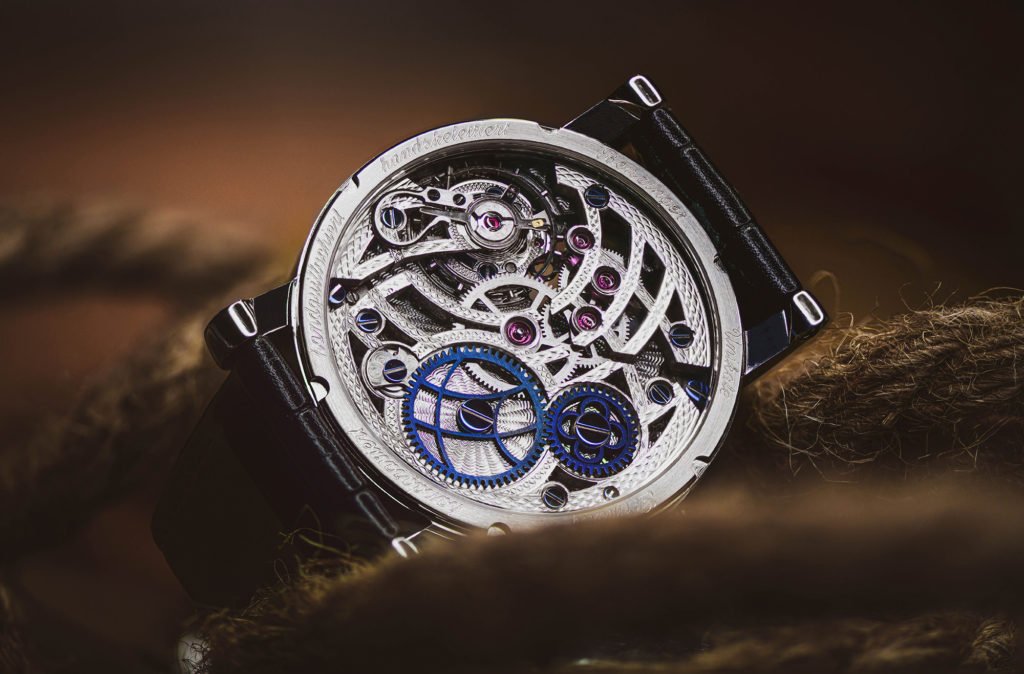
Suitable as an investment
High quality automatic watches often have a high prestige among their owners. This is also due to the fact that renowned manufacturers such as Rolex, Omega and Co. give priority to mechanical movements in their luxury watches. The movements are mostly made in Swiss manufacture, which is considered a special seal of quality.
Of course, this also has its price. The art of watchmaking is a work that is mastered by only a few people. So if you are planning to buy a timepiece that will last for many decades and perhaps even increase in value, you will sometimes have to dig deep into your pocket. In return you get a timeless watch with a lot of charm that will become a real darling.
Automatic vs. Quartz Watches
Mechanical watches have to be able to compete with quartz movements in terms of accuracy. Every day, the time becomes a few seconds less accurate. So if you want to be on the safe side and be able to read the time with pinpoint accuracy, you should reset your watch every week.
A mechanical movement requires space. In fact, it takes much more than a small quartz. Mechanical watches, especially automatic watches, are therefore considerably more voluminous and heavier than quartz watches. Nevertheless, there are also enough people who care about just that. But here again, it depends on the intended use: would you rather wear the watch in your everyday work or for sports or at any other occasion?
Automatic movement: all advantages and disadvantages at a glance
+ high durability with thorough care
+ Prestige objects and valuable assets
+ with manual winding, the housing can be built flatter than
for an automatic watch
– Need for thorough care
– expensive entry-level prices
– Accuracy cannot keep up with quartz movements, the clock must be set often
The advantages and disadvantages of a quartz watch
Especially beginners should take a closer look at quartz watches. They are quite inexpensive compared to the mechanical watches. Qualitatively decent watches are already available for prices below 100 Euro. If you are not yet familiar with watches, you can do little wrong with a quartz watch in this price segment. This also applies to all those who want to give a watch as a present.
Quartz watches are also relatively durable. After a few years, however, you have to replace the batteries. Much more maintenance is not required. A good quartz watch can last so many years. If you do not wear a watch so often, you do not have to wind it up again every few days. A quartz watch runs and runs. Automatic vs. Quartz Watches . And it does so very precisely.
Changing the batteries, however, has a decisive disadvantage. You have to open the case. This considerably affects the water resistance of the watch. If you don’t want to do without wearing a watch when it comes into contact with water, you have to check the water-resistance regularly at this point at the latest or think about changing to a mechanical watch. Many mechanical watches are water resistant up to a pressure of 5-10 bar. Nevertheless, quartz watches are often an advantage in nature and during sports. Mostly they are smaller and lighter. Should something really happen, the quartz watch is much easier to replace.
Quartz watches are not necessarily recommended as investments. Those who spend little money cannot expect a large increase in value.
Quartz movements: All advantages and disadvantages at a glance
+ mostly much cheaper
+ smaller and lighter construction, because quartz and battery are space-saving
+ Maintenance includes only the replacement of the battery
– are not necessarily suitable as an investment
– often only conditionally waterproof
– less durability compared to high quality mechanical watches
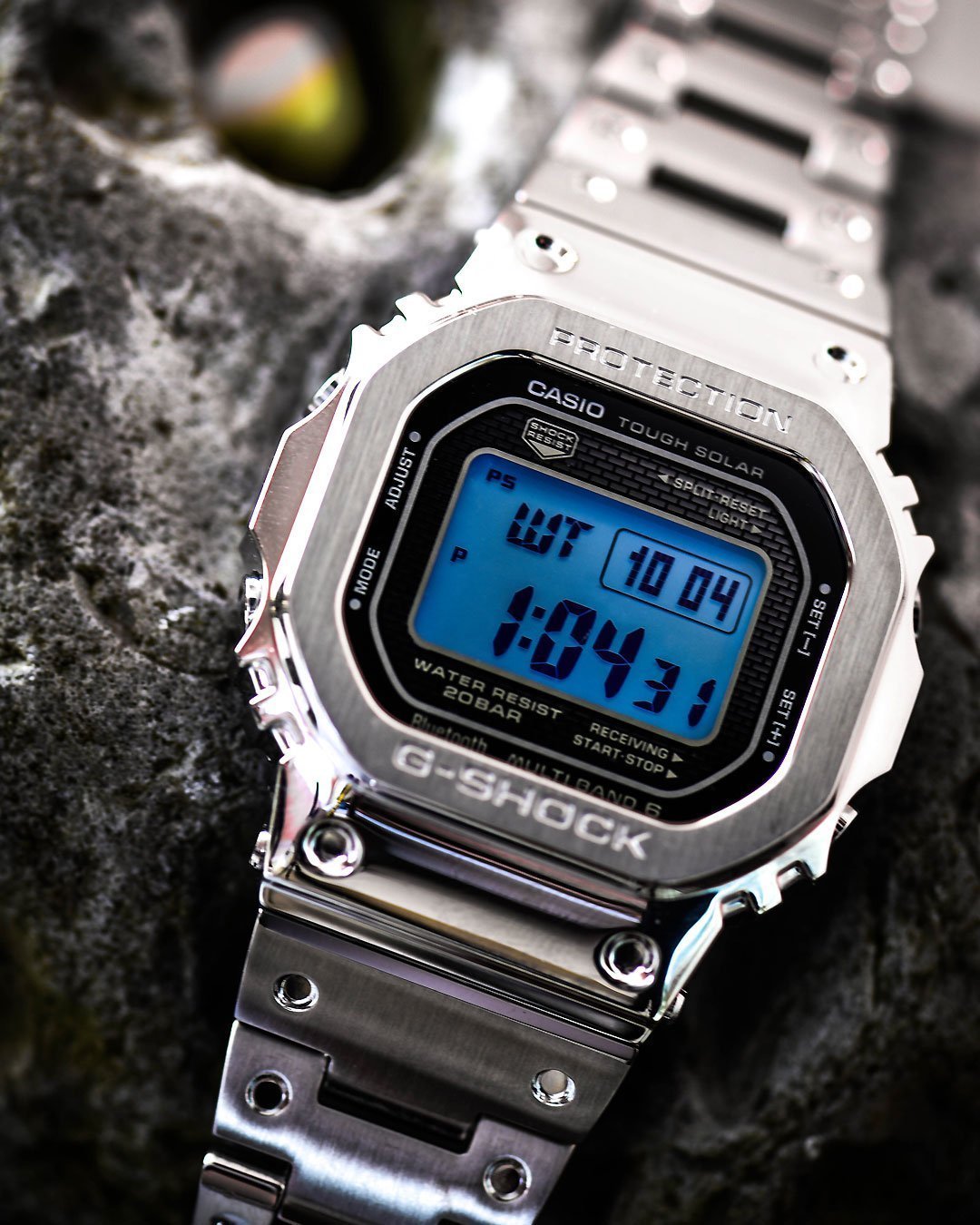
My conclusion – automatic vs. quartz watches
There is a watch for everyone in the world – whether with quartz or mechanical movement, with manual winding or automatic. The decisive factor is to weigh up which type of movement makes the most sense for which purpose. In the end, however, it is always a matter of taste. We rarely wear watches to read the time. We want to show style and status and have fun with the watches. Whether rational decisions play a major role is probably another question…
More about automatic and quartz watches here:
https://en.wikipedia.org/wiki/Quartz_clock
https://en.wikipedia.org/wiki/Automatic_watch
Also interesting:
- Best Men’s Watches 2021
- Kickstarter Watch Projects
- Watch Blogs & Watch Magazine – TOP 21
- The best diving watches




